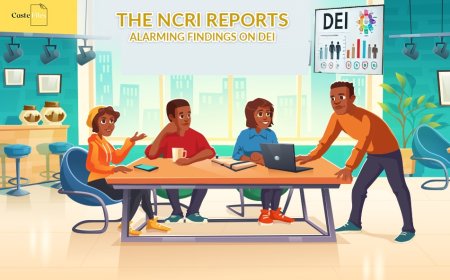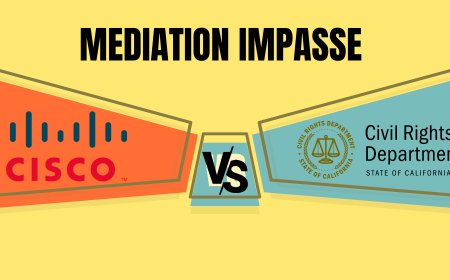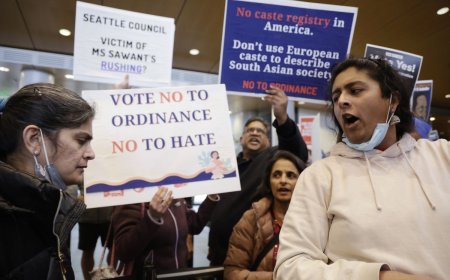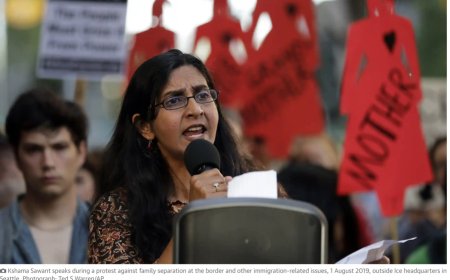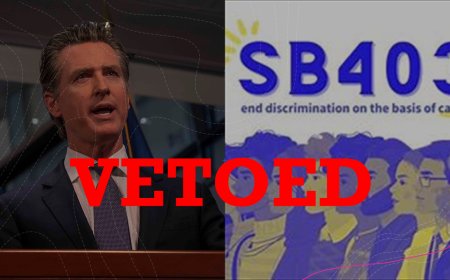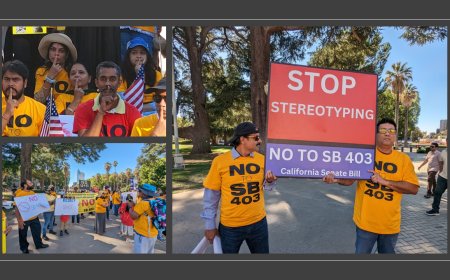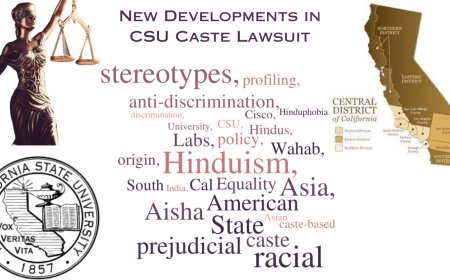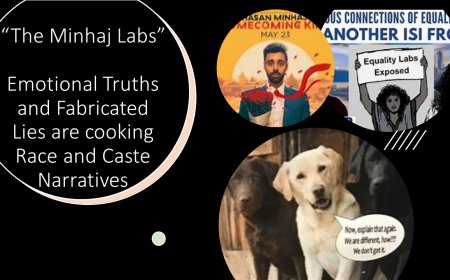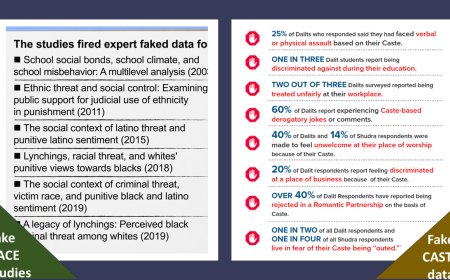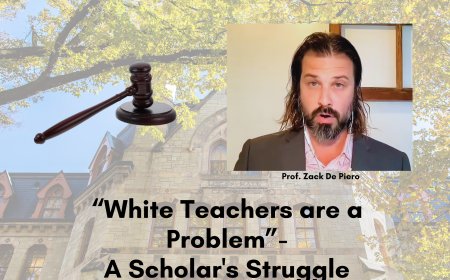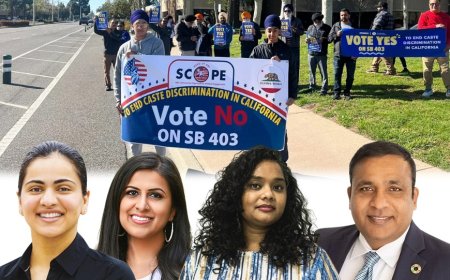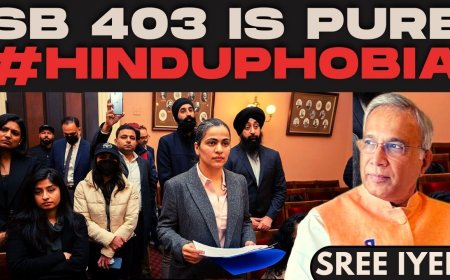SB 403: Unresolved Issues and Shifting Perspectives on Adding Caste as a Protected Category

By Gagandeep Kaur
In February 2023, California Senator Aisha Wahab introduced Bill SB403 to amend the anti-discrimination policy under the Unruh Civil Rights Act by adding caste as a protected category.
The bill has been a moving target, starting out as a bill about discrimination based on ancestry. As a substantive and material nature of modification to the spot bill, ancestry was changed to caste.
The bill has generated controversy and divided opinions among Indian Americans. It has generated protests, as Senator Wahab did not give time to many opposing groups, including those that identified themselves as Dalit groups.
"When caste policy gets implemented in various universities via resolutions, added to corporate policy, or as an entirely new category in Unruh Civil Rights Act, it brands us as a suspect class of people divided and especially discriminatory," said one of the protestors of the SB 403 bill outside Senator Wahab's office.
SB 403 has been a moving target, with significant changes continuing to happen at every turn. While earlier university resolutions and the Seattle bill targeted Hindus directly, the current bill is much more sophisticated in its approach, steering clear of targeting specific religions and broadening the nationalities.
Yet it remains unconstitutional as it profiles select micro-minorities, violating the very laws it seeks to amend. "It violates Title VII of the Civil Rights Act of 1964 and the California and US constitutions," according to the legal team at Hindu American Foundation.
California's tryst with caste issues began in June 2020 when the Cisco caste discrimination case against the two Cisco engineers, Sundar Iyer and Ramana Kompella, began a high-profile media campaign regarding caste issues in the Indian Diaspora, especially targeting Hindu Americans. The case was dismissed after a motion for sanction was filed by the defendants, presenting a strong case for fabricated evidence and prosecutorial abuse.
Yet the fact remains that caste resolutions at CSU and the CRD in its complaint have defined caste as a social stratification mandated by Hindu religious order.
Despite subtle language, SB 403's amendment is based on unproven and biased data from openly anti-Hindu groups like Equality Labs and is aimed at targeting the Hindu and South Asian communities. Equality Labs survey and testimonials were found inadmissible by the court during the Cisco trial. As such, there seems to be dissonance between the legislative (senators), the judiciary (high court), and the executive (CRD) in California.
The bill appears to single out the community while admitting that existing California laws can provide protection against any such discrimination, including caste, showing that there appears to be a desire to push this agenda.
The allegations of "grave caste discrimination" in California and the US are unproven as there is no police complaint related to caste. The Cisco case being dismissed also means that the shaky grounds of caste policy are further losing a foothold.



